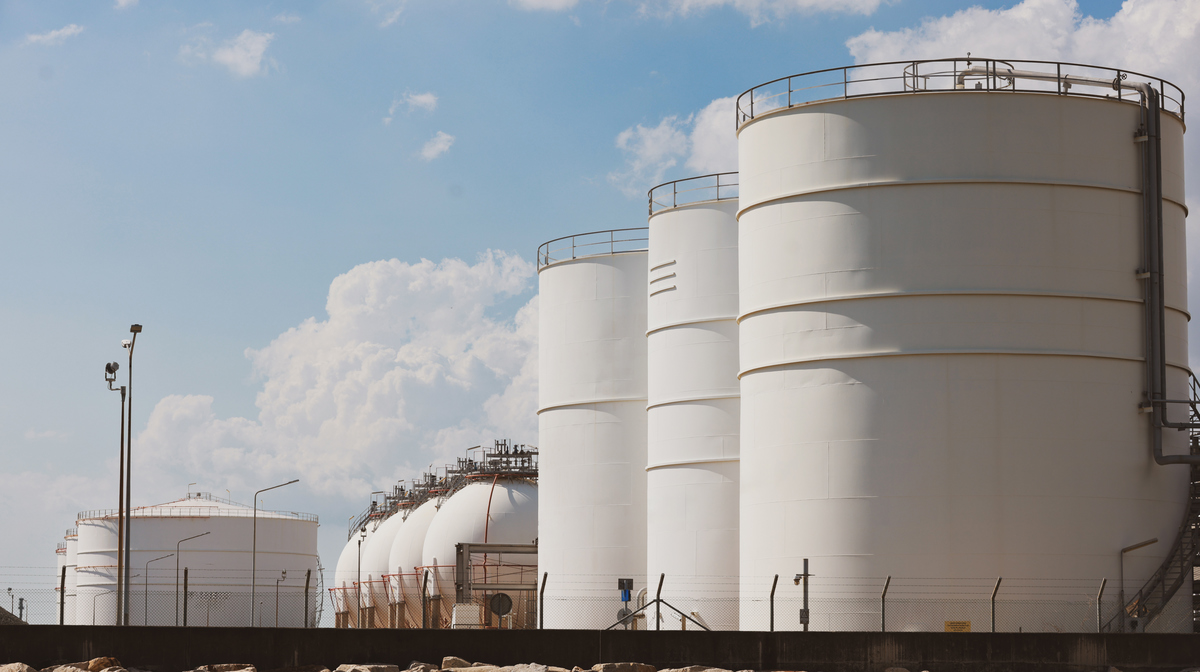Brent rises on Middle East conflict escalation
The front-month ICE Brent contract has gained $0.94/bbl on the day from Friday, to trade at $79.37/bbl at 09.00 GMT.
 PHOTO: Getty Images
PHOTO: Getty Images
Upward pressure:
One year into the Israel-Hamas conflict, tensions in the Middle East continue to escalate. Hezbollah rockets hit Haifa, Israel's third-largest city, early Monday, as the country prepared to intensify ground operations in southern Lebanon, according to Reuters.
The regional conflict has further aggravated after the involvement of Iran, OPEC's second-largest oil producer. The Israel Defense Forces (IDF) confirmed last week that Tehran is now directly involved in the Middle Eastern conflict.
Brent futures have risen amid concerns that Israel may target Iranian oil infrastructure in response to an Iranian missile strike on Israel on 1 October.
Israeli Defense Minister Yoav Gallant warned Iran in a recent Fox News interview, saying, “At the moment, everything is on the table.” The prospect of a larger-scale conflict has further driven the surge in Brent futures.
“Fears of disruptions to supplies are growing as Israel looks to respond to Iran’s recent missile attack. Media reports earlier in the week suggest they are considering targeting Iranian oil facilities,” ANZ Bank’s senior commodity strategist Daniel Hynes said.
Downward pressure:
On Friday, US President Joe Biden said he would consider alternatives to striking Iranian oil fields if he were in Israel’s position, adding that he believes Israel has not yet decided how to respond to Iran, Reuters reported.
“The Israelis have not concluded what they are going to do in terms of a strike. That’s under discussion,” Biden said during a White House press briefing.
“Oil prices eased [earlier] this morning as traders await new developments in the Middle East. US President Joe Biden is reportedly discouraging Israel from planning a strike on Iran’s crude oil facilities [in response to Iran’s missile attack last week],” two analysts from ING Bank stated.
Additionally, OPEC+ plans to increase its production in December, which could push the global oil market into oversupply.
By Tuhin Roy
Please get in touch with comments or additional info to news@engine.online





